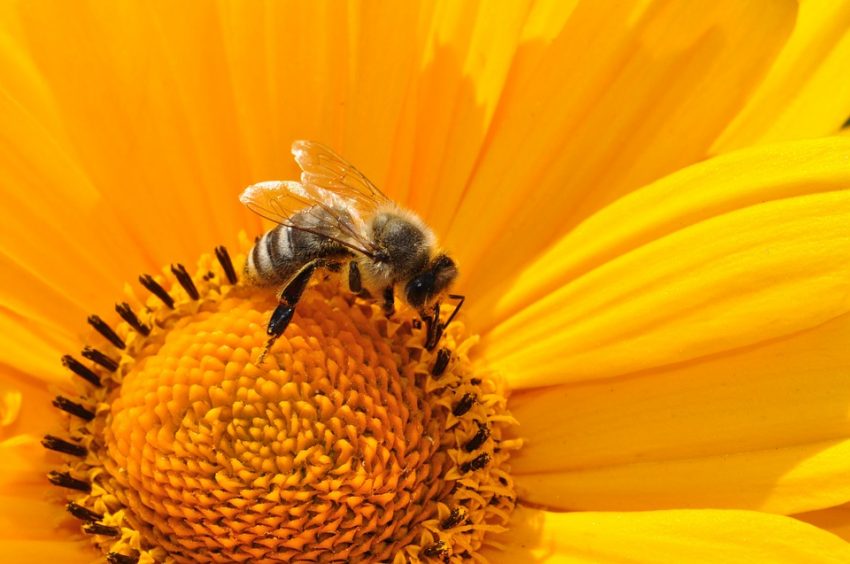Many of the factors why our bee populations are in serious peril were discussed in a recent blog. So, what would happen if bees were extinct entirely? Why should we be concerned? What would a world without bees look like, and what problems would it bring for humans, animals, and plants?
Bees are one of the most essential creatures on the planet, and the world would be a very different place if they all perished. Many of the agriculture products we use on a daily basis rely on them as pollinators.
Supermarkets would struggle to fill the fruit and vegetable aisles in a world without bees, and the things that we could locate would likely only be offered at a very high price. Products that are presently ordinary and affordable might be considered luxury items in the future.
10 items that necessitate the presence of bees on a regular basis
Here’s a list of ten items that need bees on a regular basis:
Apples
Apples are one of the most widely consumed, widely available, and reasonably priced fruits. This would no longer be the case if apple trees were not pollinated by bees. Without bees, apples would become scarce and costly very rapidly.
To produce a full, healthy crop of fruit, apples, like other fruit trees, require cross-pollination with other types that are not closely related. Without bees, this would have to be done by hand, which would be conceivable but not economically viable in most nations.
Of course, this would have an impact on other apple goods such as cider, apple pies, and apple juice (a single litre of juice requires roughly 2.5kg of apples). Those’s a lot of pollination that bees have to do.
Berries
Many berry species rely greatly on pollination by bees. Bees are required for the production of raspberries, blackberries, and blueberries. It’s difficult to picture these fruits existing without the help of bees.
It would be impossible to make them without bee pollination. The same is true for cherries, hence there will be no cherry pie at that famed Twin Peaks café! It’s not only cherry pie that’ll be off the table…
Coffee
…and without bees, a good cup of coffee to start the day may become a thing of the past as well! Although certain coffee kinds may be self-pollinated, the presence of bees can significantly increase the quality and size of the beans. They might not be a viable crop without bees.
Some coffee varietals, like as Robusta, appear to be fully reliant on pollinators. Coffee production would be more difficult and expensive without bees. Our available variety would be severely restricted, and what was accessible would suffer a drastic and unwanted price hike.
Cotton
Cotton crops do not entirely reliant on bees for pollination, but introducing them into the crop during blooming increases the quantity and quality of cotton lint significantly.
Several changes would occur if bees would not work so hard. An affordable cotton t-shirt would most likely become an expensive garment to purchase. And it wouldn’t just be apparel; even something as simple as a cotton tea towel or a bag of cotton make-up pads would become a costly commodity.
Cotton harvests would be significantly less profitable, and cotton production would suffer a significant setback, possibly leading to the usage of exclusively man-made materials for most applications.
Because bee pollination has been demonstrated to boost fibre strength and length, we may observe a significant decline in the quality of any available cotton if bees aren’t there.
There is a long list to what may happen if our black and yellow friend become extinct… in the comments let us know if you want to read more on this subject.

